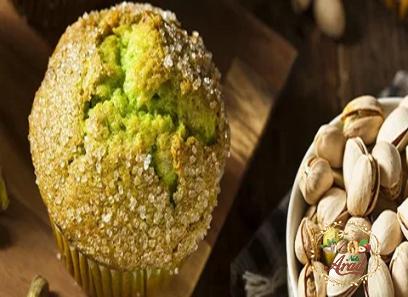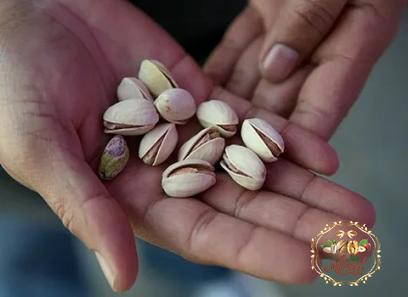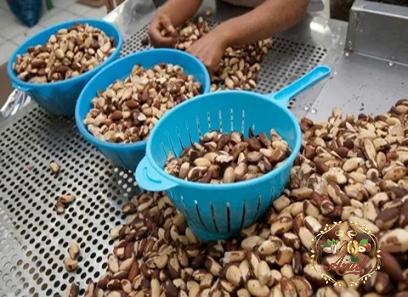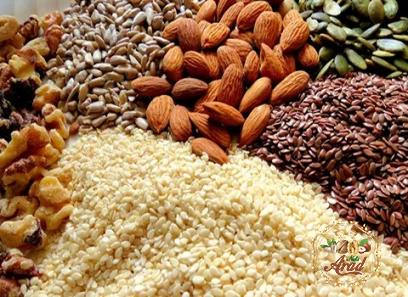Roasting cashew kernels is a crucial step in the cashew processing industry. This value-added process not only enhances the taste and aroma of cashews but also gives them a desirable crunchy texture, making them a popular choice for both snacking and culinary applications. In this article, we will delve into the price, features, advantages, and disadvantages of roasting cashew kernels, shedding light on why it is an essential and rewarding practice for cashew businesses.
Price of Roasting Cashew Kernels:
The price of roasting cashew kernels varies depending on several factors, including the scale of production, the roasting method, and the quality of cashews used. Large-scale cashew processors often invest in automated roasting machines, which come with a substantial upfront cost. These machines provide consistency in roasting and can handle significant quantities, thereby optimizing production efficiency. However, the initial investment for such equipment can be expensive. On the other hand, smaller operators may opt for manual roasting using conventional ovens, which requires less financial investment. Regardless of the method chosen, both have their own set of advantages.
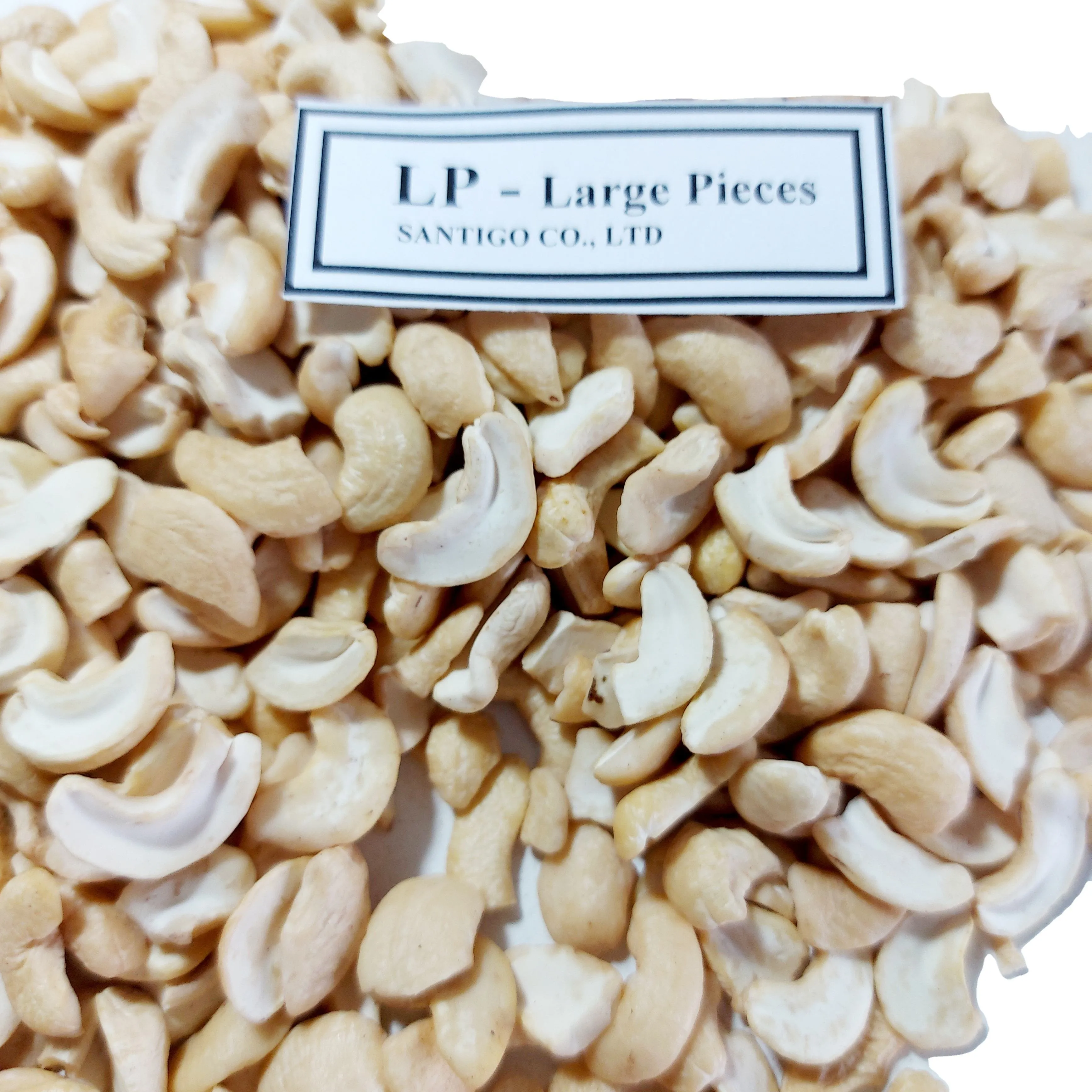
Features of Roasting Cashew Kernels:
Roasting cashew kernels imparts several desirable features that make them more appealing to consumers. The foremost quality is the enhanced flavor profile that the roasting process brings. Raw cashews have a subtly sweet and slightly nutty taste. However, roasting amplifies these flavors, adding depth and complexity. Some methods, such as dry-roasting, result in a rich and robust taste, while others, like oil-roasting, contribute a mildly caramelized flavor. The ability to adjust the roasting temperature and duration provides manufacturers with greater control over the final taste.
Another significant feature of roasted cashew kernels is the texture they acquire. The roasting process not only creates a crispy outer layer but also slightly softens the cashew’s natural crunch. This textural magic makes roasted cashews highly addictive and satisfying to eat. Whether used as standalone snacks or as ingredients in various culinary applications, the crunchiness of roasted cashew kernels elevates the overall experience.
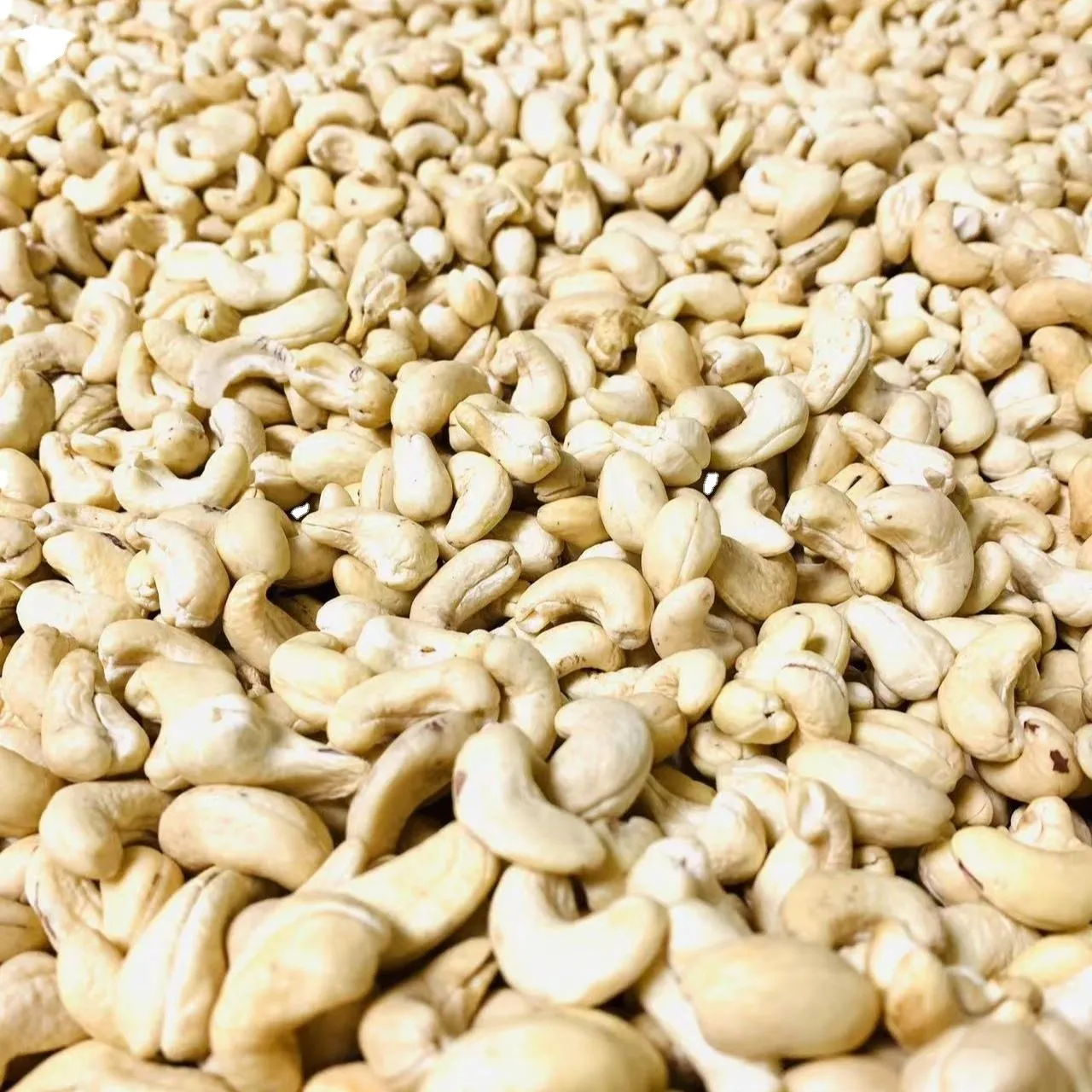
Advantages of Roasting Cashew Kernels:
1. Enhanced Flavor: As mentioned earlier, roasting cashew kernels brings out a more intense and flavorful taste, making them more enticing to consumers. This allows businesses to offer a wider range of taste options, catering to various preferences within the market.
2. Versatility: Roasted cashew kernels are incredibly versatile and can be used in numerous applications. From topping salads and desserts to being incorporated into savory dishes and baked goods, the roasted cashews lend a distinct flavor and texture, enhancing the overall appeal of the dishes.
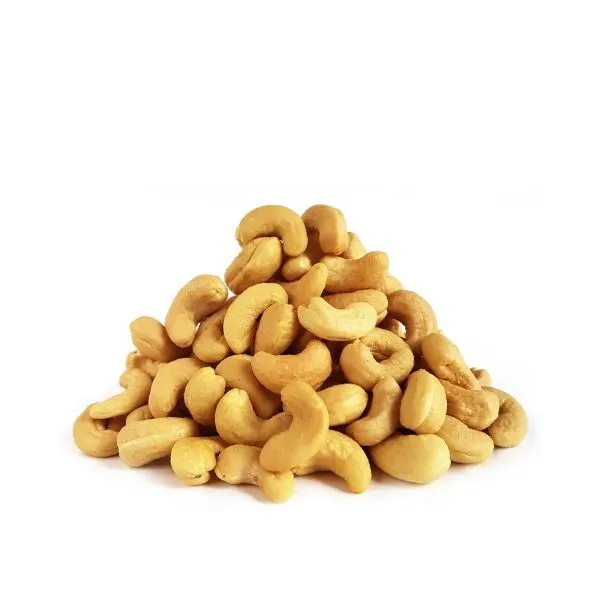
3. Extended Shelf Life: Roasting cashew kernels can lead to an extended shelf life compared to raw cashews. The heat used during the roasting process helps eliminate any potential microbial contamination, ensuring a longer storage period without compromising quality.
Disadvantages of Roasting Cashew Kernels:
1. Nutritional Loss: The roasting process can cause slight nutrient loss in cashews. While raw cashews are an excellent source of vitamins, minerals, and healthy fats, some of these beneficial components may be diminished during the roasting process. Nevertheless, cashews still retain their nutritional value and are a healthy snack option.
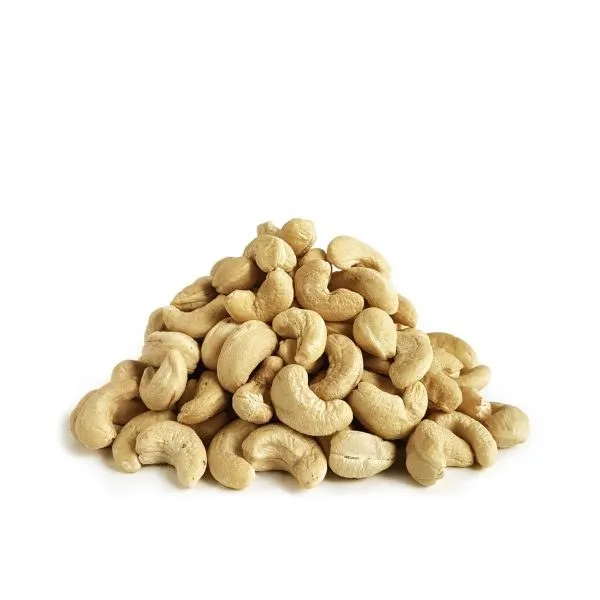
2. Quality Control: Achieving consistent quality in roasted cashews can be a challenge, especially when using conventional ovens or other manual methods. Meticulous monitoring of temperature and timing is necessary to ensure even roasting and prevent over or under-cooking, which can result in a less desirable product.
Conclusion:
Roasting cashew kernels adds value to the cashew processing industry, providing enhanced flavor, versatility, and an extended shelf life for these delectable nuts. While the process may incur initial costs, the benefits of roasting, such as improved taste and crunch, outweigh these investments. Furthermore, the ability to offer various taste options and capitalize on the versatility of roasted cashews opens up opportunities for businesses to cater to diverse consumer preferences. With proper quality control measures, roasting cashew kernels can be a rewarding practice that enhances the overall appeal and marketability of this highly sought-after snack.



